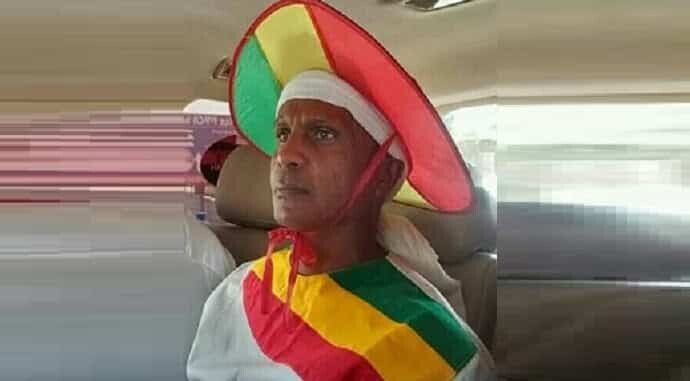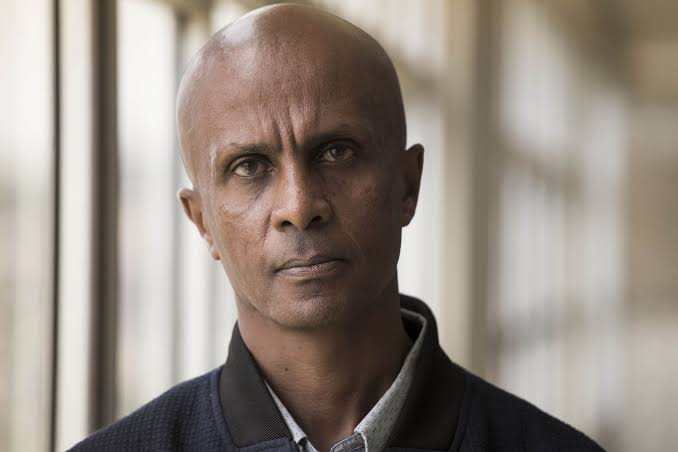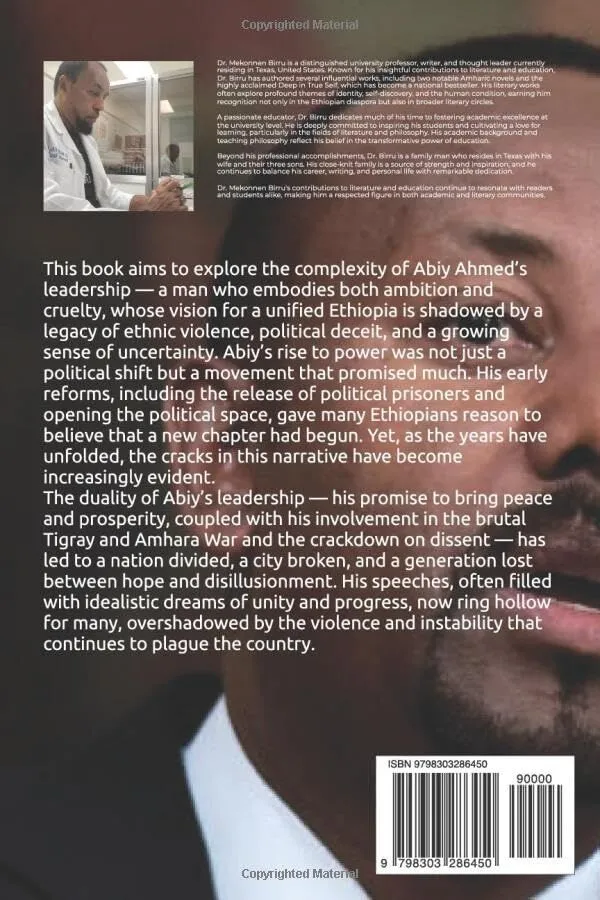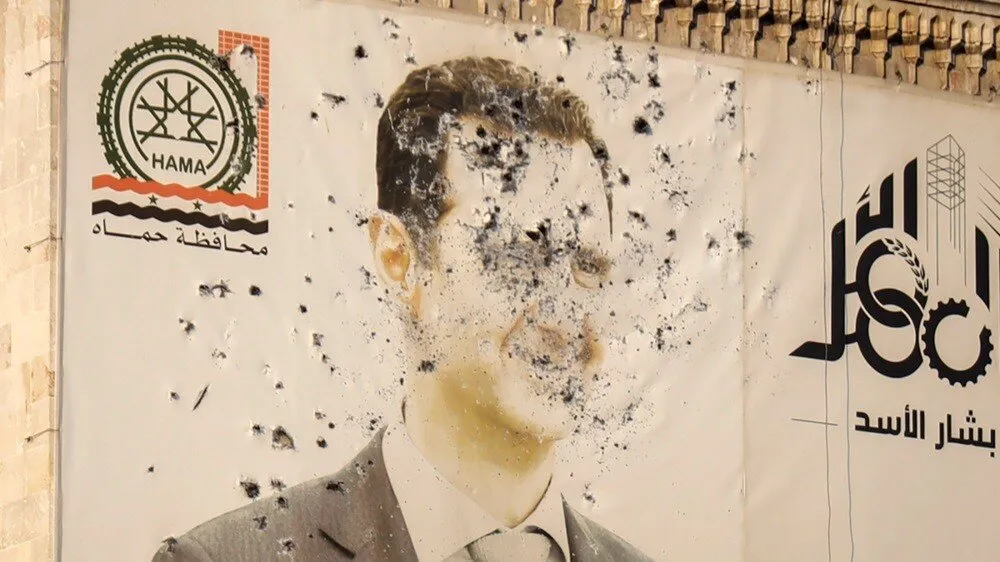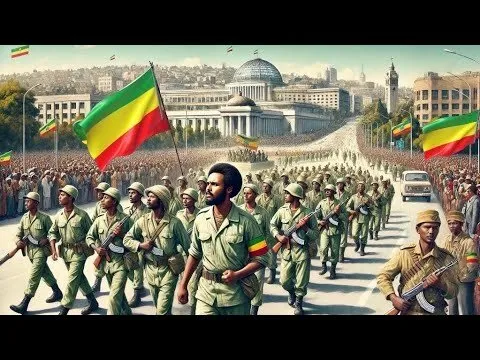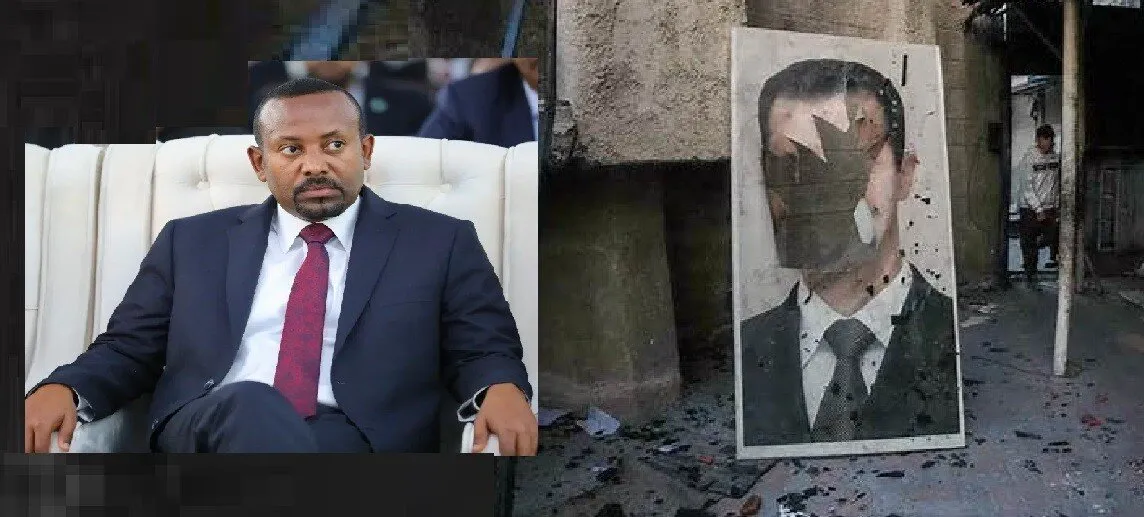By ESKINDER NEGA
Published: July 24, 2013
The New York Times
ADDIS ABABA, Ethiopia — I AM jailed, with around 200 other inmates, in a wide hall that looks like a warehouse. For all of us, there are only three toilets. Most of the inmates sleep on the floor, which has never been swept. About 1,000 prisoners share the small open space here at Kaliti Prison. One can guess our fate if a communicable disease breaks out.
I was arrested in September 2011 and detained for nine months before I was found guilty in June 2012 underEthiopia’s overly broad Anti-Terrorism Proclamation, which ostensibly covers the “planning, preparation, conspiracy, incitement and attempt” of terrorist acts. In reality, the law has been used as a pretext to detain journalists who criticize the government. Last July, I was sentenced to 18 years in prison.
I’ve never conspired to overthrow the government; all I did was report on the Arab Spring and suggest that something similar might happen in Ethiopia if the authoritarian regime didn’t reform. The state’s main evidence against me was a YouTube video of me, saying this at a public meeting. I also dared to question the government’s ludicrous claim that jailed journalists were terrorists.
Under the previous regime of Prime Minister Meles Zenawi, I was detained. So was my wife, Serkalem Fasil. She gave birth to our son in prison in 2005. (She was released in 2007.) Our newspapers were shut down under laws that claim to fight terrorism but really just muzzle the press.
We need the United States to speak out. In the long march of history, at least two poles of attraction and antagonism have been the norm in world politics. Rarely has only one nation carried the burden of leadership. The unipolar world of the 21st century, dominated for the past two decades by the United States, is a historical anomaly. And given America’s role, it bears a responsibility to defend democracy and speak out against those nations that trample it.
I distinctly remember the vivacious optimism that inundated the United States when the Soviet Union imploded in the early 1990s. This was not glee generated by the doom of an implacable enemy, but thrill germinated by the real possibilities that the future held for freedom.
And nothing encapsulated the spirit of the times better than the idea of “no democracy, no aid.” Democracy would no longer be the esoteric virtue of Westerners but the ubiquitous expression of our common humanity.
But sadly America’s actions have fallen far short of its words. Suspending aid, as many diplomats are apt to point out, is no panacea for all the ills of the world. Nor are sanctions. But that’s a poor excuse for the cynicism that dominates conventional foreign policy. There is space for transformative vision in diplomacy.
Sanctions tipped the balance against apartheid in South Africa, minority rule in Zimbabwe, and military dictatorship in Myanmar. Sanctions also buttressed peaceful transitions in these countries. Without the hope of peaceful resolution embedded in the sanctions, a descent to violence would have been inevitable.
Now that large swaths of Africa have become safely democratic, ancient and fragile Ethiopia, where a precarious dictatorship holds sway, is dangerously out of sync with the times.
In May, America’s secretary of state, John Kerry, visited Ethiopia and lauded the country’s economic growth. His words showed how little attention he paid to reality. The State Department’s annual report on human-rights conditions has been critical of Ethiopia’s government since 2005. I’d like to think that report represents the real stance of America’s government, rather than Mr. Kerry’s praise for our authoritarian leaders.
Not much has changed since our last dictator, Mr. Meles, died last August. There have been no major policy changes. The draconian press and antiterrorism laws are still there. There has been no improvement when it comes to press freedom.
With a population fast approaching 100 million, Ethiopia, unlike Somalia, is simply too big to ignore or contain with America’s regional proxies.
As Ethiopia goes, so goes the whole Horn of Africa — a region where instability can have major security and humanitarian implications for the United States and Europe. Al Qaeda has a presence here, and hundreds of millions of aid dollars flow into the region while millions of emigrants flow out.
In other words, Ethiopia must not be allowed to implode. And it would be irresponsible for the world’s lone superpower to stand by and do nothing.
It is time for the United States to live up to its historical pledge by taking action against Ethiopia, whose reckless government has, since 2005, been the world’s star backslider on democracy.
I propose that the United States impose economic sanctions on Ethiopia (while continuing to extend humanitarian aid without precondition) and impose travel bans on Ethiopian officials implicated in human rights violations.
Tyranny is increasingly unsustainable in this post-cold-war era. It is doomed to failure. But it must be prodded to exit the stage with a whimper — not the bang that extremists long for.
I am confident that America will eventually do the right thing. After all, the new century is the age of democracy primarily because of the United States.
Here in the Ethiopian gulag, this alone is reason enough to pay homage to the land of the brave.
<nyt_author_id>

